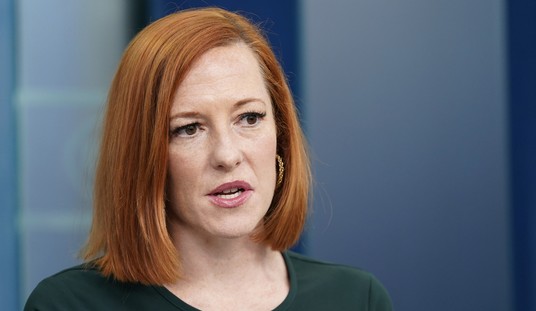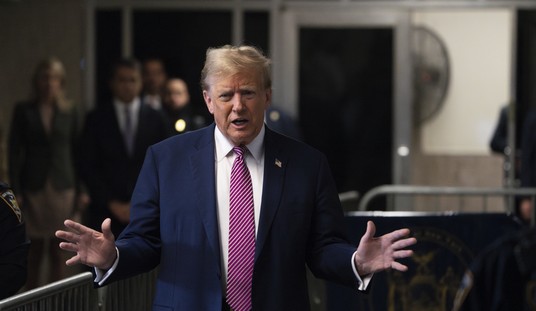The federal government will hit the debt ceiling Thursday and the United States’ authority to borrow money will be capped, Treasury Secretary Jack Lew cautioned last week.
“At that point we will be left to meet our country’s commitments with only the cash on hand and any incoming revenues, placing our economy in a dangerous position.”
The U.S. Treasury has a cache of $30 billion dollars. This amount, along with tax revenues, would be the only money available to the federal government.
“If we have insufficient cash on hand, it would be impossible for the United States of America to meet all of its obligations–including Social Security and Medicare benefits, payments to our military and veterans, and contracts with private suppliers–for the first time in our history,” Lew said.
Big-ticket items on the government's impending tab include a $12 billion dollar Social Security payment due October 23 and an $18 billion dollar Medicare payment due November 1.
The federal government could additionally owe $100 billion to international investors each week, if bondholders suddenly sought repayment, Lew claimed.
However, not everyone is as concerned about an imminent default as Lew.
Martin Feldstein, Harvard University economics professor and President Emeritus of the National Bureau of Economic Research, wrote that despite cries from the Wall Street Journal, Financial Times and politicians, a default is very unlikely:
Recommended
“The US government collects enough in taxes each month to finance the interest on the debt, etc. The government may not be able to separate all accounts into "pay" and "no pay" groups but it can certainly identify the interest payments. An inability to borrow would have serious economic consequences if it lasted for any sustained period but it would not have to threaten our credit standing.”
Somewhere between October 22 and November 1 is a more likely default date, Senior Policy Analyst, Shai Akabas from the Bipartisan Policy Center told the Constitution Daily.
Lew alleged “it is irresponsible and reckless to insist that we experience a forced default to learn how bad it is.”
Yet the government has not been totally opposed to trying this tactic in the past. Americans are only in the beginning stages of understanding the Obamacare trainwreck.
And per Nancy Pelosi’s request, we had to pass that bill to find out just what was in it — I guess now we know how bad it is.

























Join the conversation as a VIP Member